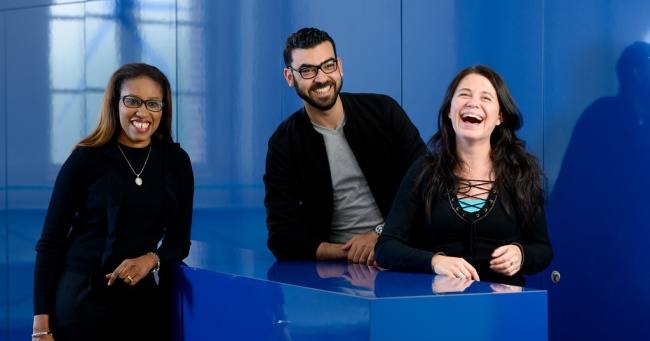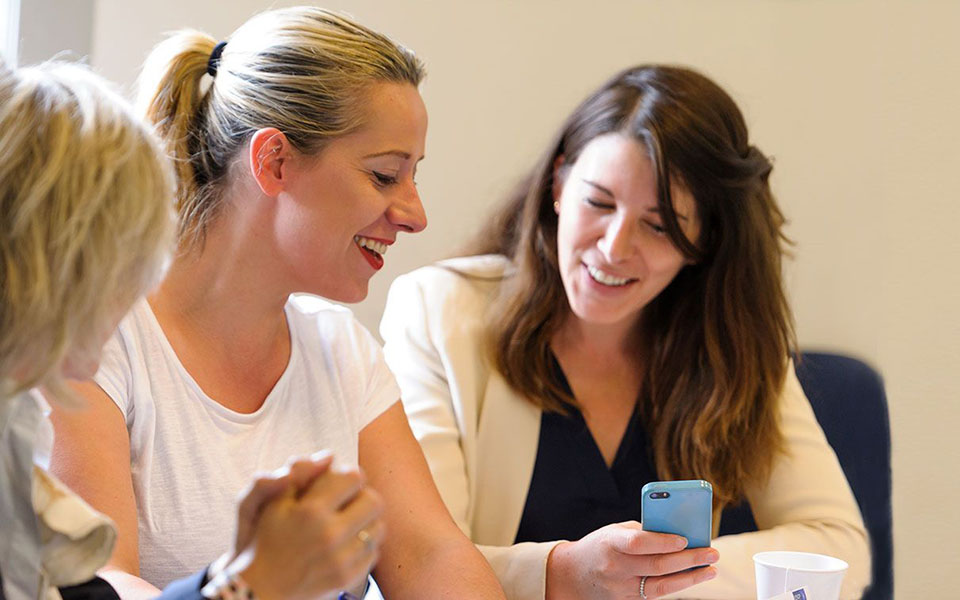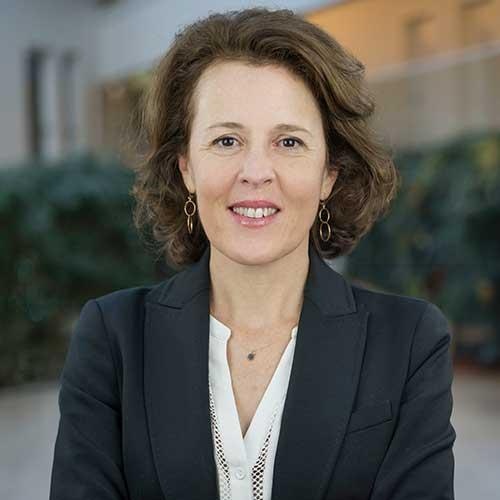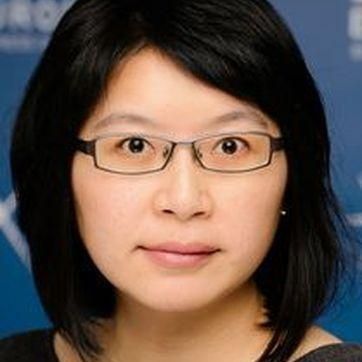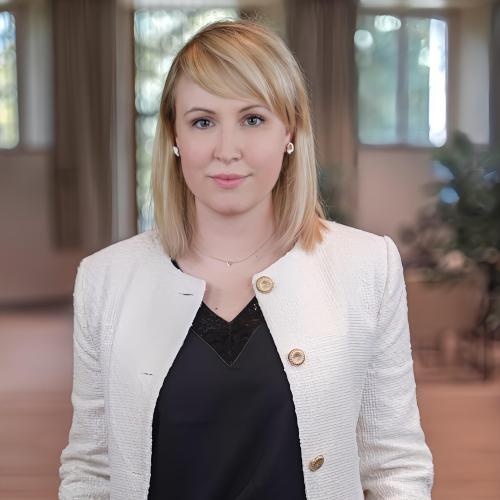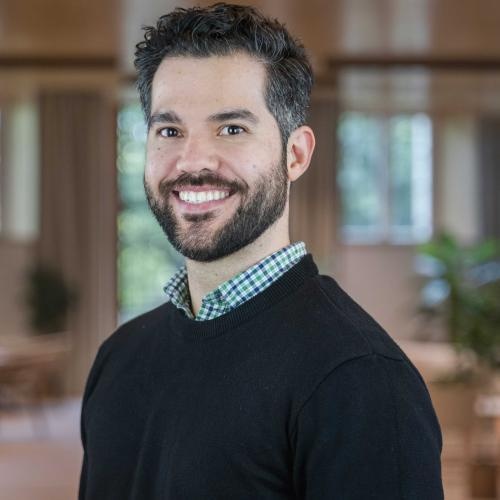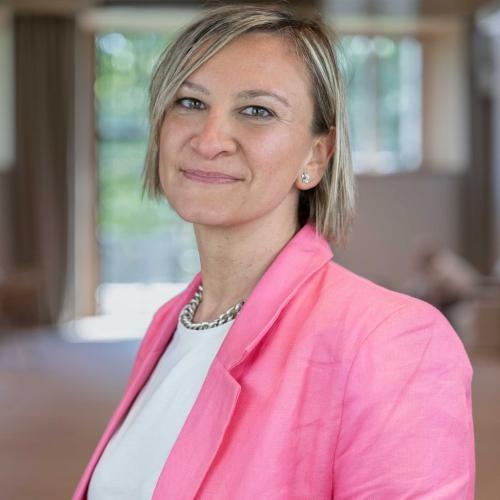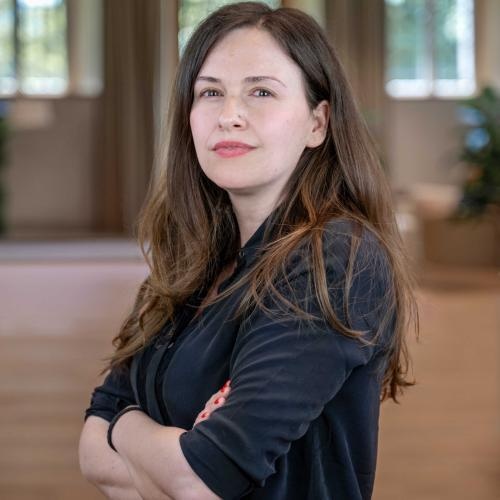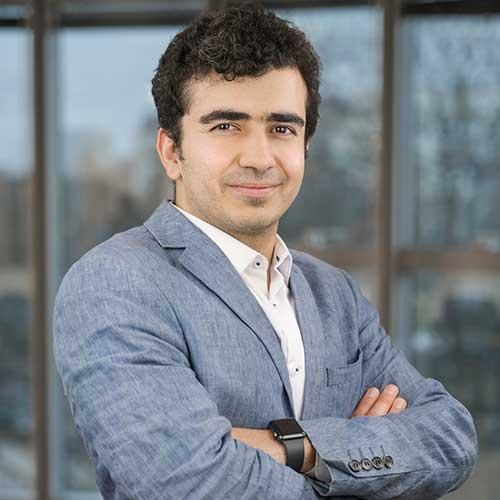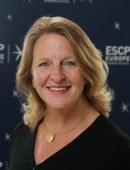Mission and research pillars
The WISE (Well-being for Individuals, Society & Enterprises) Research Centre advances knowledge on well-being in management, supporting educators, managers, and policymakers. Its mission is to help organizations achieve a better balance between profitability and responsibility. By focusing on individual and collective well-being, organizations foster engagement and performance, while also developing responsible and sustainable strategies.
The WISE Research Centre addresses three key well-being challenges at work, in consumption and for societies:
- Inclusivity & Care
- Mental & Social Health
- Sustainable & Technological Well-being
These three research pillars are addressed by specialized expert groups from various management disciplines, including management and leadership, marketing and consumer behavior, work and human relations, entrepreneurship, and organizational psychology. The research teams are based across our European campuses
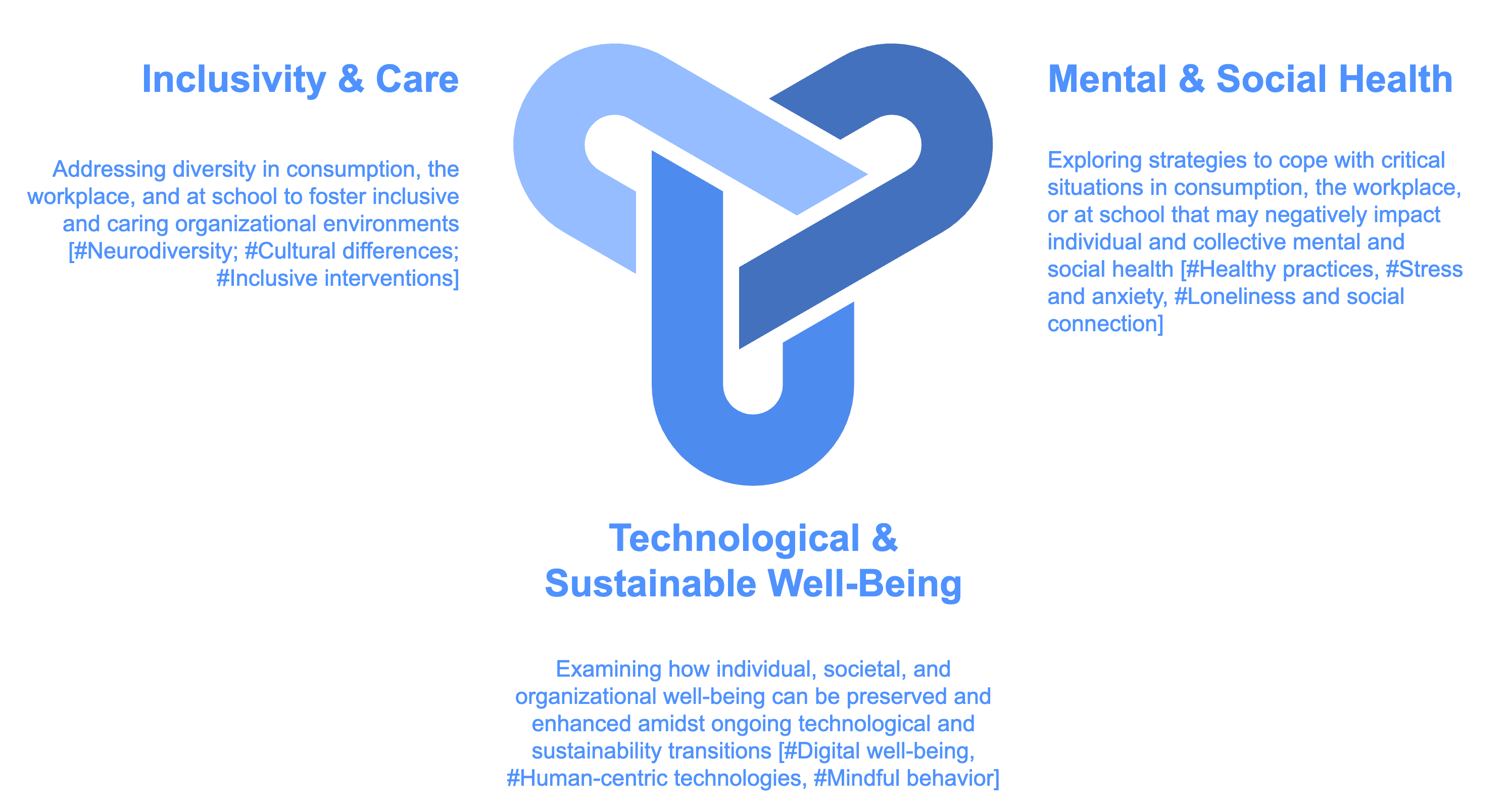
Contributions and research outputs
The WISE Research Centre translates academic research into actionable insights for key decision-makers in the organizational ecosystem.
- We publish both theoretical and empirical research papers, available for consultation.
- Our findings are disseminated through impact papers, reports, press releases, videos, and podcasts, all of which can be read, watched, or listened to.
- We integrate our research into classroom teaching and academic activities.
- We design customized training programs for companies looking to train their managers.
- We collaborate with researchers and organizations dedicated to fostering well-being through experiences and interventions.
If you're interested in our research outputs or would like to learn more about our training programs and potential research collaborations, please don't hesitate to contact us.
Charlotte Gaston-Breton - cgaston-breton@escp.eu
Almudena Cañibano - acanibano@escp.eu
Our People
Directors
Almudena Cañibano
Director ESCP Research Center on Well-Being (RCWB)
Her research focuses on the changing nature of work and its connection to employee experiences. She has studied innovative work organization systems, flexible working, human resource management and their effect on occupational health, employee wellbeing, and organizational performance. Her work has been published in top-rated academic journals such as Human Relations, Human Resource Management Journal, Industrial Relations: A Journal of Economy and Society, and Journal of the Association for Information Systems, among others.
Charlotte Gaston-Breton
Director ESCP Research Center on Well-Being (RCWB)
Charlotte Gaston-Breton (HDR from Paris I Panthéon Sorbonne and Ph.D from the University Paris Dauphine) is currently Full Professor in the European Marketing Department at ESCP Business School. She is the Coordinator of the European Marketing Department and the co-Academic Director of the online Executive Master in International Business (EMIB). She is the scientific director of the research center in Happiness, Well-Being & Management
Permanent Faculty
Kerstin Alfes
Professor
Berlin
kalfes@escp.eu
Géraldine Galindo
Professor
Paris
ggalindo@escp.eu
Hsin-Hsuan Meg Lee
Associate Professor
London
hlee@escp.eu
Isabella Maggioni
Associate Professor
Turin
imaggioni@escp.eu
Benjamin Voyer
Professor
London
bvoyer@escp.eu
Vitor Lima
Assistant Professor
Madrid
vlima@escp.eu
Chiara Succi
Associate Professor
Turin
csucci@escp.eu
Argyro Avgoustaki
Professor
Turin
aavgoustaki@escp.eu
Héctor Gonzalez Jimenez
Professor
Madrid
hegonzalez@escp.eu
Daniela Lup
Professor
London
dlup@escp.eu
Diana Pérez-Arechaderra
Associate Professor
Madrid
dianaperez@escp.eu
Saeid Vafainia
Assistant Professor
Paris
svafainia@escp.eu
Marion Festing
Professor
Berlin
mfesting@escp.eu
Minas Kastanakis
Professor
London
mkastanakis@escp.eu
Our Research Activities
This research pillar aims to address diversity and fairness in consumption, the workplace, and at school to foster inclusive and respectful organizational environments.
Representative areas of research include but are not limited to:
- #Invisible identities: Sexual orientation, neurodivergence, or religious beliefs among others are invisible but often stigmatized identities in consumption, at work or at school. This research stream aims at examining those experiences felt by consumers, employees and students and propose accordingly managerial interventions to address them.
- #Cultural differences: Gender inequality, language or skin tone differences are often affecting decisions and behaviors related to consumption, work or education. This stream of research aims at examining topics such as women in finance, skin tone influence in consumption, meaning of happiness across cultures.
- #Inclusive interventions: Social media platforms, brand communities, work environments or educational settings play a crucial role in fostering inclusive, fair and ethical experiences. This stream of research aims at examining how organizations can design, implement and monitor such experiences for their stakeholders.
The main experts of this research pillar are Almudena Cañibano, Marion Festing, Géraldine Galindo, Charlotte Gaston-Breton, Hsin Hsuan (Meg) Lee, Daniela Lup, Minna Paunova.
This research pillar aims at exploring strategies to cope with critical situations in consumption, the workplace, or at school that may negatively impact individual and collective health.
Representative areas of research include but are not limited to:
- #Healthy practices: Addictive or compulsive consumption, unhealthy habits, or risky decisions are practices that may be induced by organizational environments and the products or services they produce. This research stream aims at examining the predictors, consequences and possible interventions to mitigate those ill-being practices.
- #Stress and anxiety: Burnout, stress, anxiety are critical issues that organizations and managers need to act upon. This research stress aims at understanding how individuals and organizations cope with such issues.
- #Loneliness: Loneliness is a widespread psychosocial issue in modern society that poses significant risks especially when it is experienced in social contexts. Consumption groups, social platforms, workplace, schools, are in turn urged to explore loneliness experiences and how they can mitigate them to preserve and enhance individual, societal and organizational well-being.
The main experts of this research pillar are Kerstin Alfes, Argyro Avgoustaki, Almudena Cañibano, Charlotte Gaston-Breton, Minas Kastanakis, Hsin Hsuan (Meg) Lee, Daniela Lup, Diana Pérez-Arechaderra, Saeid Vafania.
This research pillar aims at examining how individual, societal, and organizational well-being can be preserved and enhanced amidst ongoing technological and sustainability transitions [#Digital well-being, #Human-centric technologies, #Mindful behavior]
Representative areas of research include but are not limited to:
- #Digital well-being: Excessive use of social media, constant connectivity, or AI delegation can hinder focus, flow or critical thinking, among others. This research stream aims at examining the usage of digital technologies at work, in consumption or at school to further develop strategies that promote balanced and mindful digital engagement.
- #Human-centric technologies: Self-tracking technologies, AI services or even robots may be designed to enhance consumer, employee or student well-being. This stream of research aims at uncovering the bright and dark side of human centric technologies to better set the right tools for teh right purposes.
- #Mindful behavior: Being mindful is about stopping our automatic modes of thinking and behaving to foster more responsible and less harmful behaviors for the self,, the society and the environment. This research stream aims at exploring how mindfulness practices at work, in consumption or at school may induce more responsible and less mindless habits.
The main experts of this research pillar are Almudena Cañibano, Charlotte Gaston-Breton, Hector Gonzalez-Jimenez, Hsin Hsuan (Meg) Lee, Isabella Maggioni, Vitor Lima.
Our Publications
2022
2021
2021
2021
2024
2024
2023
2023
2023
2022
2020
2020
2020
2019
2019
2024
2023
2023
2023
2023
2022
2022
2022
2022
2022
2022
